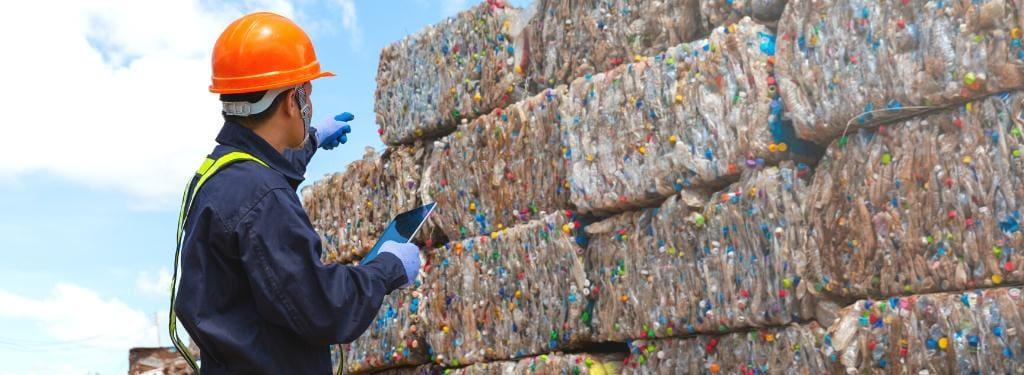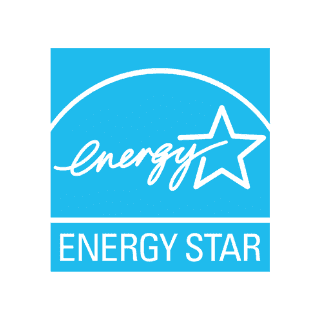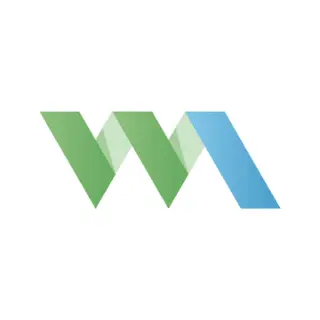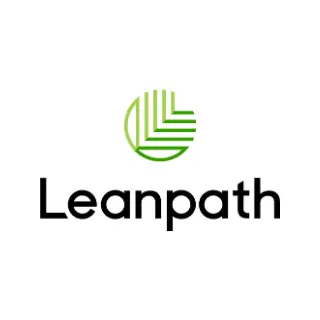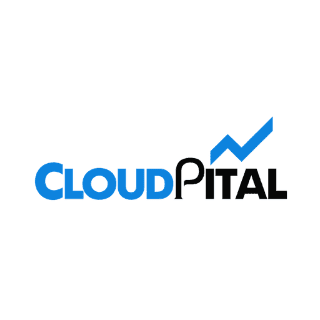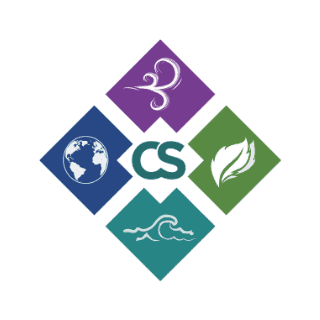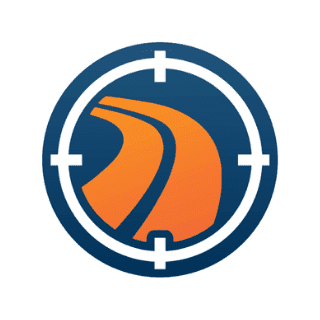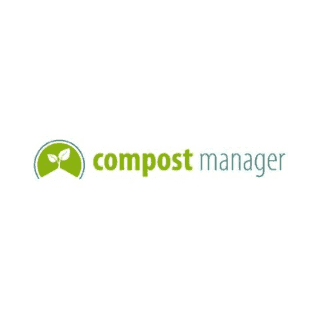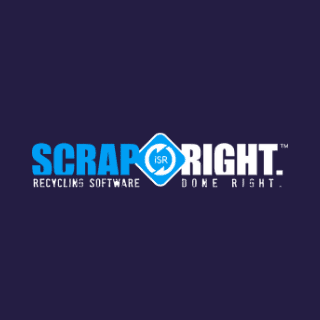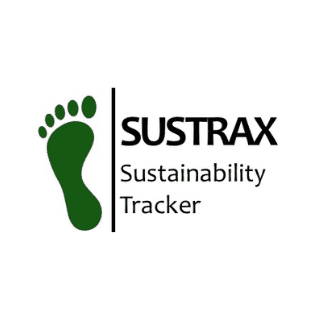- Free Version: Available for teams of up to 10
- Pricing: Premium plan $24/month (with free 30-day trial period)
- Platforms supported: Available on mobile app (iOS and Android) or a web-based software
Why use SafetyCulture?
SafetyCulture is a waste management software that can be used in all industries and workplaces. SafetyCulture won as the Best Health & Safety App in the 2020 SaaS Awards and got featured in the Top 20 Compliance Software of 2020.
SafetyCulture empowers frontline teams to reinforce solid waste management programs and take immediate action at the onset of potential non-compliance, as it is best used for compliance with environmental, health, and safety standards. With SafetyCulture, managers can ensure they are following both local and international standards, provided that waste is managed and disposed of properly, while also securing the safety of their employees handling it.
Additionally, SafetyCulture also works as an environmental management software. Waste management goes hand in hand with environmental management, for you can also improve and manage your environment in the process while managing waste.
With SafetyCulture, you can conduct routine inspections of your immediate surroundings and check for possible additional sources of waste, pollution, and health hazards. SafetyCulture’s waste management and environmental management checklists can be used to ensure all steps are followed, all problems are reported, all actions are addressed, and safety is always at the forefront of operations.
Features:
- Customize and manage waste management checklists and reports
- Schedule inspections, report issues and assign corrective actions
- View dashboards and analyze trends (e.g. flagged items over time)
Why use Energy Star Portfolio Manager?
Energy Star Portfolio Manager is best used for commercial waste management, taking pride in being the most-used energy measurement and tracking tool for commercial buildings. As a waste management software created by the U.S. Environmental Protection Agency (EPA), it is primarily intended for managing energy, water, and waste in one secure online environment.
Features:
- Measure and track energy, water consumption, and greenhouse gas emissions
- Benchmark the performance of one building or a whole portfolio of buildings
- Set energy use targets and see how estimated design energy stacks up against similar existing buildings in the U.S.
- Free Version: Yes
- Pricing: Free to use
- Platforms supported: Web
Why use Waste Accountant?
Waste Accountant is best used for—you guessed it—accounting waste to help companies minimize their negative impact to the environment. It is a waste management software that aims to support and improve sustainable waste management practices by reducing waste to landfill and the miles waste is transported and increasing recycling rates.
Features:
- Measures and monitors waste from generation to endpoint
- Inbuilt reporting and analytical tools to manage and reduce waste
- Safe, secure, and recoverable data storage
- Free Version: Not available
- Pricing: Details not available
- Platforms supported: Web
Why use Leanpath?
Leanpath is a food waste management software best used for waste prevention in commercial kitchens. The platform consists of hardware (e.g. waste trackers) and software (e.g. analytics dashboard). Restaurateurs, hoteliers, and food service managers can benefit the most from utilizing food waste management and prevention technology to operate a more sustainable facility.
Features:
- Measure food waste with in-kitchen trackers built to match specific needs
- Track food waste across multiple sites
- Discover food waste prevention opportunities in one kitchen or across an organization
- Free Version: Not available
- Pricing: Details not available
- Platforms supported: Web and Android
Why use CloudPital?
CloudPital is a waste management app that intends to help healthcare institutions keep track of collection and disposal of bio-medical wastes. It is best used in hospitals, clinics, and radiology centers for defining, identifying, and categorizing bio-hazardous wastes, including radioactive waste materials.
Features:
- Waste types categorization and waste generation tracking
- Color codes differentiation of various waste types
- Radioactive management of waste disposal
- Free Version: Not available
- Pricing: Starts at $60/user per month
- Platforms supported: Web, iOS, and Android
Why use Chemical Safety?
True to its name, Chemical Safety is used for chemical waste management. With environmental management system capabilities, the waste management software boasts about having all of the features needed to track chemical waste from generation through certificate of destruction, and everything in between.
Features:
- Track and manage waste items, lab packs, waste drums, and consolidation
- Print drum labels and waste tags with barcodes in a wide variety of sizes and formats
- Automatically create and submit the CERCLA Biennial Report
- Free Version: Not available
- Pricing: $109 to $169 monthly or $1,099 to $1,849 annually (with a 30-day free trial)
- Platforms supported: Web, iOS, and Android
Why use Track Your Truck?
As a waste management and waste tracking software, Track Your Truck can help ensure the efficient use of garbage trucks and improve trash collection and disposal services. It allows you to see where your fleet is in real-time and stores historical records of garbage truck activities to eliminate inefficient trends.
Features:
- Easily dispatch a new garbage truck when one is broken down
- Improve routing to eliminate wasted time and fuel
- Handle customer disputes with historical or real-time information about vehicle locations
- Free Version: Not available
- Pricing: Available upon request
- Platforms supported: Web, iOS, and Android
Why use CompostManager?
Founded on research and development, CompostManager measures the temperature, moisture, oxygen, and carbon dioxide levels in compost. Basically, it comprises a specially-created monitoring instrument and web-based software to effectively control the waste management practice of open windrow composting.
Features:
- Use robust probes suitable for all types of waste sites and exposure to all the elements
- Know when and where to sample the different batches
- Optimize the output from the compost and reduce unnecessary operating, labor, and machining costs
- Free Version: Not available
- Pricing: Details not available
- Platforms supported: Web
Why use iScrapRight?
Known for their convenience and mobility, iScrapRight is one of the go-to waste management software for the recycling and salvage industry. Built for scrap yards and recycling centers around the world, the program can streamline and make ticketing and reporting processes easier.
Features:
- Scan Driver’s Licenses with ease and auto-populate customer fields
- Pair your iPad with a Bluetooth printer to print customer receipts
- Use back office login to manage all aspects of buying
- Free Version: Not available
- Pricing: Basic plan starts at $89/month (with a 7-day free trial)
- Platforms supported: Web, iOS, and Android
Why use Sustrax?
As a waste management software, Sustrax is best used for carbon tracking and greenhouse gas reporting. To meet the sustainability reporting needs of companies, the system is designed to easily input data when it becomes available, calculate emissions, and present results. It can also be used for voluntary reporting such as the CDP (Carbon Disclosure Project) and GRI (Global Reporting Initiative).
Features:
- Web-based online carbon footprint calculator
- Enter up to 100 flight routes and 50 vehicles
- Data saved for future use and downloadable PDF reports
- Free Version: Not available
- Pricing: Details not available
- Platforms supported: Web
The proliferation of various waste management software has disrupted domestic and international trade. Businesses have to keep up with corporate commitments, including environmental performance, as the global market becomes more and more concerned about sustainability. Holistically managing waste—from inception to disposal—should be one of your company’s top priorities, and different types of waste management software can help achieve that.
What is Waste Management Software?
Waste management software is a digital platform used by compliance officers or environmental, health, safety, and quality managers to manage different types of wastes. Implementing waste management system software can help businesses monitor and minimize their wastes while reducing avoidable costs, complying with industry standards, and improving operational efficiency.
Different Types
Waste management software comes in various kinds, depending on the scope of work and industry, among other factors. Essentially, there are 3 different types of waste management software based on the general categories of the waste being generated:
1. Industrial Waste
An industrial waste management software is designed to properly manage huge amounts of industrial waste such as chemicals, ashes, and effluent. Since industrial waste is mostly generated by production processes, industrial waste management software is often used in the manufacturing, agriculture, mining, and energy sectors. Waste management safety is also a major concern in these industries.
2. Commercial Waste
A commercial waste management software is specifically built to meet the needs of businesses in implementing their waste management programs. Commercial waste is simply defined as any type of waste generated by companies of all sizes, including but not limited to, paper, food leftovers, and product packaging. This type of waste management software is commonly used in retail, hospitality, and transport industries.
3. Municipal Solid Waste
A municipal solid waste management software is primarily used to control the generation, collection, storage, transfer, transport, processing, and disposal of municipal solid waste (MSW), also widely referred to as trash or garbage.
Local government agencies and waste management contractors usually operate a solid waste management software. Moreover, it’s arguably the broadest type of waste management software because it encompasses a vast array of everyday wastes, especially coming from households.
Choosing the Right One that Works for You
Determining the best waste management software involves being able to clearly understand and consistently follow through on company goals, among other factors. For example, if your business aims for cost-effective operations, productivity, organizational growth, sustainability, and brand building, then you’d most likely consider investing in a platform with specific features that helps improve environmental performance in your context.
To meet (or even exceed) business needs, your choice of waste management software should at least enable your company to move beyond regulatory compliance, implement actionable performance monitoring; and streamline record-keeping practices. See if SafetyCulture can be a fit for you today—book a free demo now!
